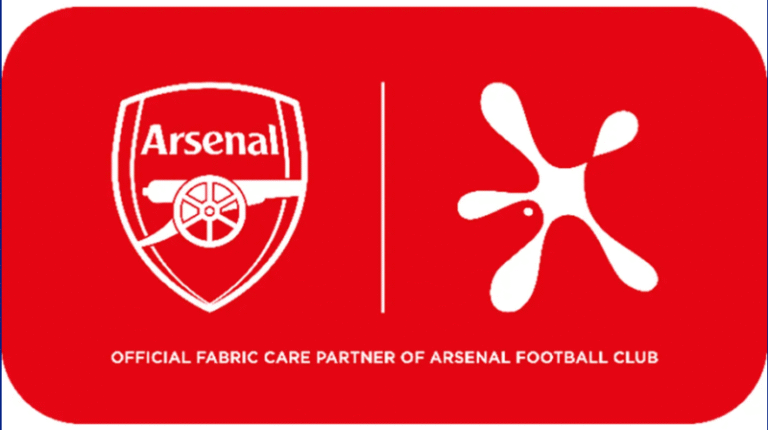
Paris Saint-Germain’s success in the Champions League final on Saturday was a victory for youth and adventure. It was a victory for a team built with a coherent vision, and a rebuke to those who believe the game is just about collecting the biggest names. It was a victory for Luis Enrique, a very fine coach who has suffered dreadful personal tragedy. It was a victory for forward-thinking, progressive, fluent football.
But it was also a victory for sportswashing.
If you could divorce the game from its context, it was mesmerising. PSG were brilliant and although Inter were awful, at least some of that awfulness was provoked by the relentless energy of PSG. The five-goal margin was the widest in any European Cup or Champions League final and it’s hard to believe any final has been anywhere near so one-sided (at least until the next day’s Concacaf Champions Cup final, won by the same 5-0 scoreline).
Four times before, there had been a four-goal margin in the Champions League final. There was Real Madrid’s fabled 7-3 victory over Eintracht Frankfurt at Hampden Park in 1960, the game that so inspired the future Manchester United manager Alex Ferguson. But part of the fascination there was that Frankfurt were also an exceptional side. They had beaten Rangers 12-4 on aggregate in the semi and they were good enough to take the lead – even if their second and third goals came as part of a four-goal flurry between the 71st and 75th minutes.

Before the BBC screened highlights of Chile’s 2-0 victory over Italy at the 1962 World Cup, the presenter David Coleman warned viewers that what they were about to see was, “the most stupid, appalling, disgusting and disgraceful exhibition of football, possibly in the history of the game”.
He wasn’t wrong. The first foul was committed after 35 seconds and matters had got so out of hand by the eighth minute that Italy’s Giorgio Ferrini was sent off for a foul on Honorino Landa. He refused to leave the field, leading to a melee that was only ended by the intervention of police. In the confusion, Chile’s Léonel Sánchez landed a left hook on Humberto Maschio, breaking his nose. As the mayhem continued, Sánchez got away with cuffing Mario David in the face, but David responded a couple of minutes later with a flying kick to the head for which he was sent off. Chile won what became known as the Battle of Santiago 2-0.
The violence had been provoked by critical articles written by two Italian journalists as they covered the draw in Santiago several months earlier. Both had the sense not to turn up for the tournament itself.
-
This is an extract from Soccer with Jonathan Wilson, a weekly look from the Guardian US at the game in Europe and beyond. Subscribe for free here. Have a question for Jonathan? Email soccerwithjw@theguardian.com, and he’ll answer the best in a future edition.



